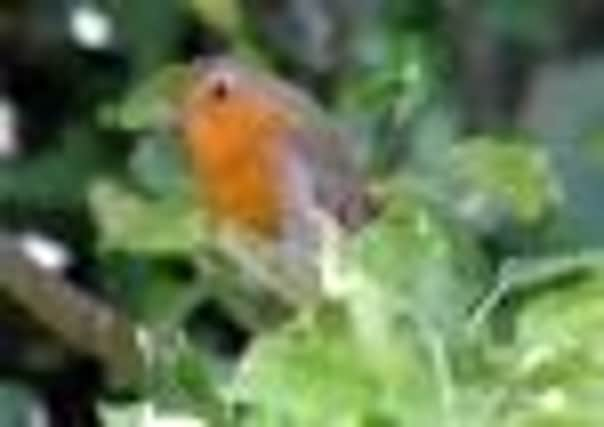Thrushes pay price for cold and wet start to summer


The number of gardens where young song thrushes, blackbirds and robins were seen was down on last year, according to the results of RSPB’s Make Your Nature Count survey by members of the public in June.
The wildlife charity said the cold, wet weather in the early part of the breeding season could be to blame, because it made it harder for adult birds to find enough food for their chicks.
Advertisement
Hide AdAdvertisement
Hide AdWith the adults spending longer away from the nest searching for food, the chicks may also have been more exposed to the chilly, wet conditions, in particular for species like blackbirds and thrushes whose nests are open to the elements.
Baby song thrushes were seen in less than four per cent of gardens, compared to more than five per cent last year, young blackbirds were spotted in 37 per cent of gardens, down from 44 per cent in 2011 and 19 per cent of gardens had fledgling robins compared to 23 per cent in the previous survey.
The survey, in which 78,000 people logged the birds and other wildlife they saw in their gardens, also revealed the number of house martins was down by more than a fifth and swifts were down almost a tenth on last year.
Last year’s survey indicated a good year for breeding song thrushes, and this year’s results appeared to confirm that with adult numbers up 12%.
Advertisement
Hide AdAdvertisement
Hide AdBlackbirds were the most commonly spotted bird, seen in more than nine out of 10 gardens in the survey.
Dr Daniel Hayhow, RSPB conservation scientists, said: “Each of the 78,000 people involved in Make Your Nature Count has helped to give us data on a scale that just wouldn’t be possible if we tried to collect it in any other way.
“It’s really useful as a snapshot of how UK wildlife fared this summer and a number of species may have had a tough time in the cold and wet weather.”